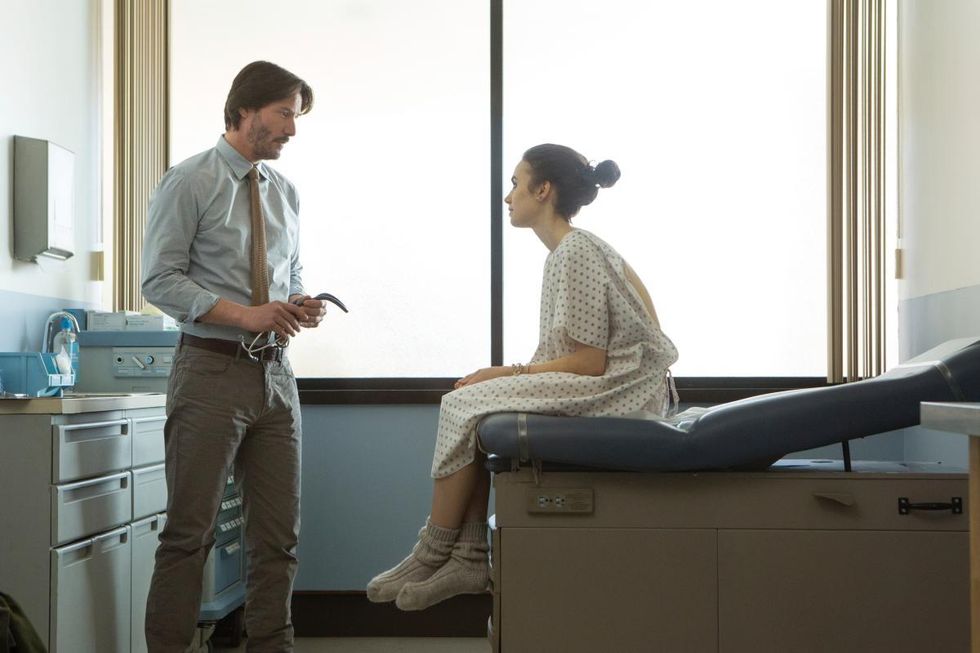Recently, I have noticed there is a lot of controversy around Netflix’s new original, "To the Bone." The same response occurred just several months ago when Netflix released the series "Thirteen Reasons Why," a story originally told in a novel by Jay Asher. Many people consider "To the Bone" to be glorifying eating disorders and they say it skews the reality of having anorexia. I sat down on my bed last Tuesday night and decided to see the film for myself. Now, to come clean I must admit that I don’t have an eating disorder or mental illness of any kind. Many people will see this and say that my opinion isn’t valid or that I’m ignorant. I still watched that movie though, and I feel I learned some critical lessons regarding those struggling with anorexia and other eating disorders.
The first lesson was that eating disorders don’t play favorites. The film showed that people of any color, gender, or age can have an eating disorder. Ellen revealed in the film that she was in her twenties, but the youngest girl in her group home appeared to be barely a teenager. Anyone can develop an eating disorder and it doesn’t always appear to be obvious. One of the girls in the film appeared to be of an average size and yet she was still in the recovery house with the others.
Another lesson I learned is that treatment isn’t always easy to come by or appreciated. Before Ellen moved into the group recovery home, she learned that one girl had been on the waiting list to see Dr. William Beckham for several months. Still, despite the fact that Ellen traveled on an accelerated path to the help she needed, she was still reluctant to accept it. She almost doesn’t choose to go to the group home that Dr. Beckham runs and when she finally gets there, she still works hard to keep her weight off. Despite the fact that her family is desperate to help her, Dr. Beckham understands that only Ellen can truly help herself. This is one of the most important lessons that the film introduces: those with a mental illness need to want to get better.
Those who suffer from an eating disorder, or any other mental illness, don’t always have a concrete reason for their actions. In the same way it can be impossible for a bipolar person to control their mood swings, it can also be impossible for those with anorexia to strive to be just a little bit thinner. The sad truth is that anyone can have an eating disorder and sometimes it can be hard to tell. "To the Bone" does a good job of portraying a pretty hopeful future for Ellen; she receives help and she eventually decides to accept that help. The movie also does a good job of portraying the worst-case scenario in the form of Ellen’s Tumblr follower who ends up committing suicide.
Many people have said that "To the Bone" can be triggering for those who have suffered from anorexia or other eating disorders. As I said before, I don’t have an eating disorder, so I can’t say whether or not this is true. What I do believe though, is that "To the Bone" wasn’t a film made for those with eating disorders. Those with eating disorders have all the facts, they know the reality behind their illness, and they don’t need a story to tell them how it affects people’s lives. They’ve seen how it affects their life and the lives of the people around them, the people that care about them. I believe "To the Bone" was created for people like me, people who don’t have an eating disorder, but who are trying desperately understand the different parts of the world and the different parts of the people around us. I know the story told in "To the Bone" may not be the whole story or an entirely true story, but it helps everyone who watches it take one more step towards understanding that a person with a mental illness is still a person and they are strong.



 mr and mrs potato head
StableDiffusion
mr and mrs potato head
StableDiffusion


















